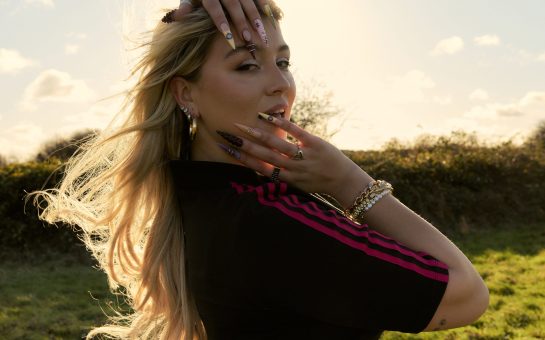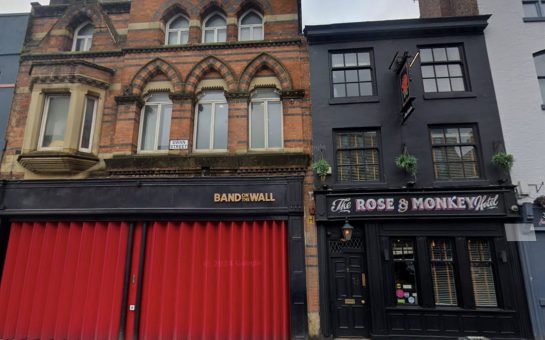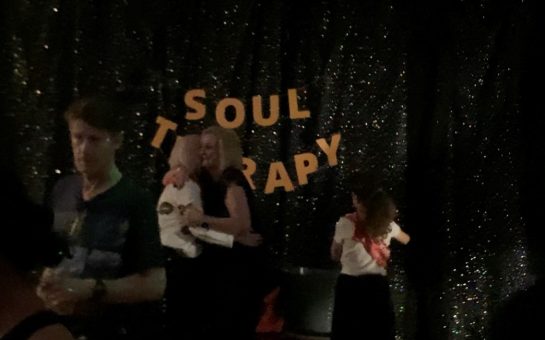Hacienda DJ Dave Haslam swapped nightclubs for Manchester’s Museum of Science and Industry to launch #HookedOnMusic, a new online game that scientists hope will aid future research into Alzheimer’s.
The game is being used by the museum to explore the science behind what makes a ‘musical hook’ and are enlisting the help of Mancunians to identify which part of a song they think is the catchiest.
Music has been known to assist and enrich the lives of those suffering from Alzheimer’s, as a familiar piece of music can often tap into deep rooted memories and improve the quality of life for those suffering from the disease.
Dave said: “It’s great to be involved with such an innovative project.
“Everyone knows when they’ve heard something catchy or which resonates with them in some way, and stays with them, but to try and uncover the science behind this is pretty exciting.
“If the results from thousands of people playing the game lead to the scientists discovering how music can help people with serious memory loss then that would be fantastic.”
Work towards the game began at last year’s Manchester Science Festival at the MOSI 2013 citizen science programme.
Celebrities and the general public alike chose songs that would be used in the game by nominating the tunes they just couldn’t get out of their heads – all in the name of science.
The museum is keen for as many people to play the game as possible, so they get an ample amount of data to conduct their studies.
The game was created by computational musicologist Dr John Ashley Burgoyne and his team at the University of Amsterdam and Utrecht.
“Catchy music is about so much more than summer hits,” he said.
“It’s really about what kinds of music we remember – and what kinds we don’t.
“With #HookedOnMusic, we’re trying to measure how much faster a ‘hook’ can come back to you compared to the rest of a song and what there is in the music that can explain the difference.”
Gamers can play #hookedonmusic in four different ways.
In one setting, users select the tune they find the catchiest, to singing along and trying to stay in time.
In another level, game players listen to music clips and try to recognise them as fast as they can.
There’s also a round where those playing have to compare two parts of the same song and guess which part is the catchiest.
All elements of the game are designed to be fun, simple and highly addictive.
Players can try and better their score, play in groups and upload results onto social media.
Dr Marieke Navin, Director of Manchester Science Festival at the Museum of Science & Industry said: “We are delighted that the Museum is launching an experiment of this kind and is part of a major research project that is both about public engagement and scientific discovery.
“It is fantastic that something as universally enjoyable and appealing as a game on music can also be at the cutting edge of science.”
To play the game visit www.hookedonmusic.org.uk
Image via MOSI, with thanks



